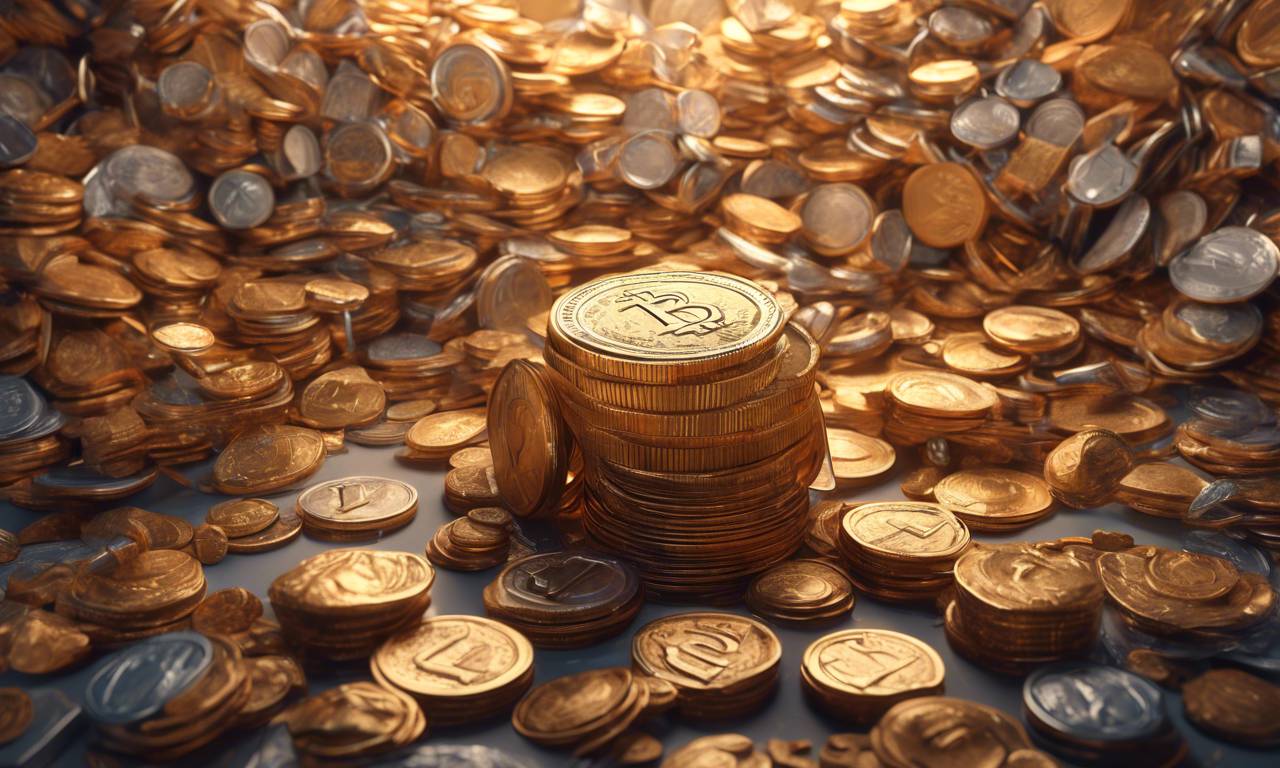Judge in Coinbase Insider Trading Case: Secondary Market Sales Are Securities Transactions
A US judge presiding over the Coinbase insider trading case has ruled that secondary market sales of cryptocurrencies should be considered securities transactions. The ruling comes after the US Securities and Exchange Commission (SEC) filed a complaint against Ishan Wahi, a former product manager at Coinbase, accusing him of providing confidential information to his brother and a friend regarding which cryptocurrencies would be supported by the exchange.
According to court documents, the exchanges made by Wahi and his brother, Nikhil Wahi, as well as their friend Sameer Raman, qualify as investment contracts. The court issued a default judgment against Raman as he failed to respond to a court summons or appear in court. It was revealed in the filing that Raman has fled the country.
The judge stated that based on the allegations in the First Amended Complaint (FAC), it can be concluded that Raman traded on material nonpublic information provided to him in breach of Ishan’s duty as a Coinbase manager. Furthermore, the judge determined that Raman’s misconduct was directly linked to the purchase and sale of securities.
The ruling states that all of the crypto assets traded by Raman were offered and sold as investment contracts, therefore qualifying as securities under the Howey test. This test is used by US courts to determine whether an asset is an investment contract and thus falls under securities laws.
This ruling has significant implications for the crypto industry, as it establishes legal precedent regarding secondary market sales of cryptocurrencies. It confirms that such sales can be classified as securities transactions and therefore subject to regulation by the SEC.
🔒 **Investment Contracts: What You Need to Know**
To better understand the implications of this ruling, it’s important to grasp what constitutes an investment contract and how it relates to securities laws:
– **Definition:** An investment contract refers to an agreement or scheme in which a person invests money in a common enterprise with the expectation of earning profits primarily from the efforts of others. This definition is based on the Howey test, established by the Supreme Court in 1946.
– **Howey Test:** The Howey test consists of four elements that must be met for an arrangement to be classified as an investment contract:
– Investment of money
– In a common enterprise
– With an expectation of profits
– Primarily from the efforts of others
– **Securities Laws:** Securities laws are regulations designed to protect investors and maintain fair and transparent financial markets. These laws require companies issuing securities, including investment contracts, to register with the appropriate regulatory authorities and comply with disclosure requirements.
🚀 **Impact on Crypto Market**
The judge’s ruling in the Coinbase insider trading case has several implications for the crypto market:
1. **Increased Regulatory Scrutiny:** The ruling confirms that secondary market sales of cryptocurrencies can be considered securities transactions. This means that individuals engaging in such transactions may be subject to regulation by the SEC. It also highlights the need for exchanges and other crypto platforms to implement robust compliance measures to ensure they are not facilitating illegal activities.
2. **Legal Precedent:** The ruling sets a legal precedent regarding secondary market sales of cryptocurrencies. This could potentially impact future cases involving similar allegations, providing a framework for judges to determine whether such transactions should be classified as securities.
3. **Investor Protection:** By classifying certain crypto assets as securities, the ruling extends investor protection provided by securities laws to those participating in secondary market sales. This helps safeguard investors against fraudulent activities and promotes market integrity.
💡 **Hot Take**
The recent ruling in the Coinbase insider trading case signifies a significant step towards clarifying the regulatory status of secondary market sales of cryptocurrencies. By deeming these transactions as securities, the court has established legal precedent and provided guidance for future cases. This decision reinforces the importance of compliance and transparency in the crypto industry and highlights the need for individuals and businesses to understand and adhere to securities laws.
It remains to be seen how this ruling will impact the broader crypto market and whether it will lead to increased regulatory scrutiny. However, one thing is clear: as cryptocurrencies continue to gain mainstream acceptance, regulatory oversight will become increasingly important to ensure investor protection and maintain market integrity.





 By
By
 By
By
 By
By

